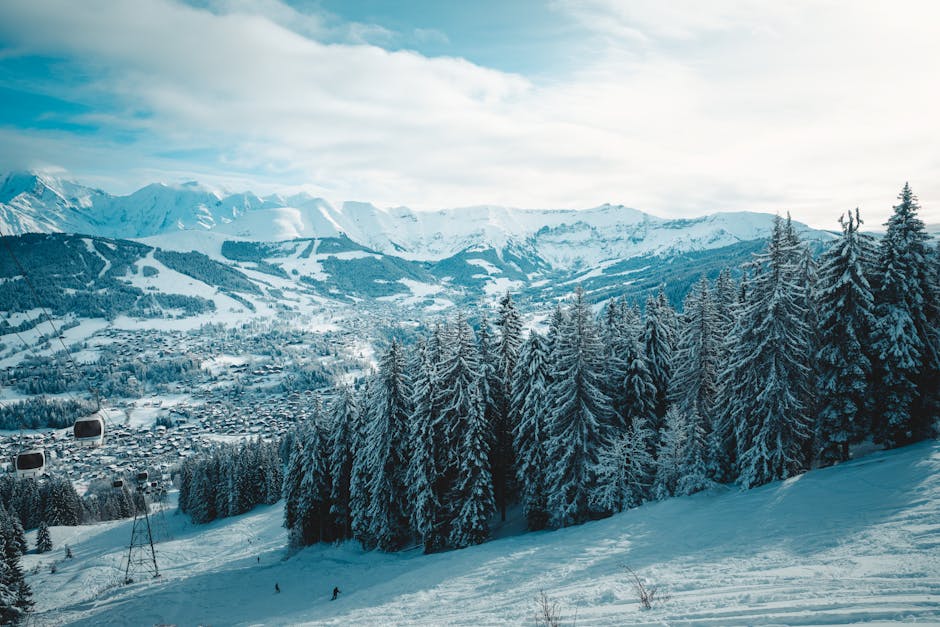Ancient Tracks May Record Stampede of Turtles Disturbed by Earthquake
In a groundbreaking discovery merging paleontology and seismology, researchers have uncovered 200-million-year-old turtle tracks in Rajasthan’s Thar Desert that may document a mass panic caused by an ancient earthquake. Published in Palaeogeography, Palaeoclimatology, Palaeoecology, the findings reveal how prehistoric animals reacted to sudden environmental threats.
Fossilized Panic: A Snapshot of Survival
The tracks, preserved in sedimentary rock near Jaisalmer, show dozens of turtles moving in unison—a behavior linked to a sudden disturbance.
“These tracks capture a single chaotic event—the turtles were fleeing, not wandering,” says lead paleontologist Dr. Priya Sharma (University of Rajasthan). “The parallel trails suggest a shared trigger, likely an earthquake.”
Earthquake Evidence in Ancient Wetlands
During the Late Triassic period, this arid region was a lush wetland. Geologists found signs of liquefaction—a quake-induced soil weakening—supporting the theory.
Dr. Arjun Patel (Seismologist): “Sediment deformation matches powerful seismic activity. Tremors could have spooked these turtles into a stampede.”
Why Did the Turtles Flee?
Modern turtles bolt at disturbances, but fossilized group panic is rare. The tracks reveal:
– Varying speeds (deeper impressions = faster movement)
– Sudden direction changes, suggesting collisions or confusion
Rewriting Prehistoric Behavior
This discovery parallels dinosaur “escape tracks,” proving ancient animals shared survival instincts with modern species.
Dr. Michael Chen (University of Cambridge): “Fear and collective movement existed 200 million years ago. These tracks are a survival snapshot.”
The Thar Desert’s Hidden Fossils
Rajasthan’s rocks keep revealing secrets:
– Dinosaur eggs
– Early crocodile ancestors
– Now, a Triassic turtle stampede
Next Steps: 3D Models and Tourism
Researchers will use 3D modeling to study the tracks further and investigate regional seismic history. The site may also become a paleo-tourism hotspot.
These fossilized tracks freeze a moment of prehistoric chaos—proof that Earth’s past was as dramatic as today.
For more on India’s fossil discoveries, follow NextMinuteNews Science Desk.




